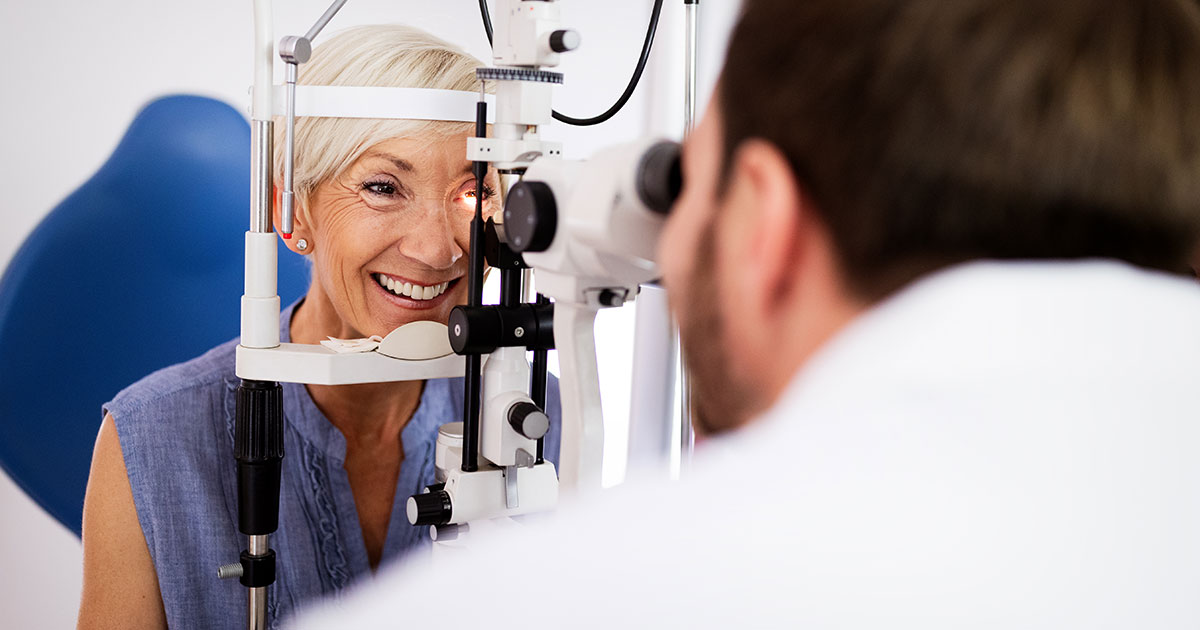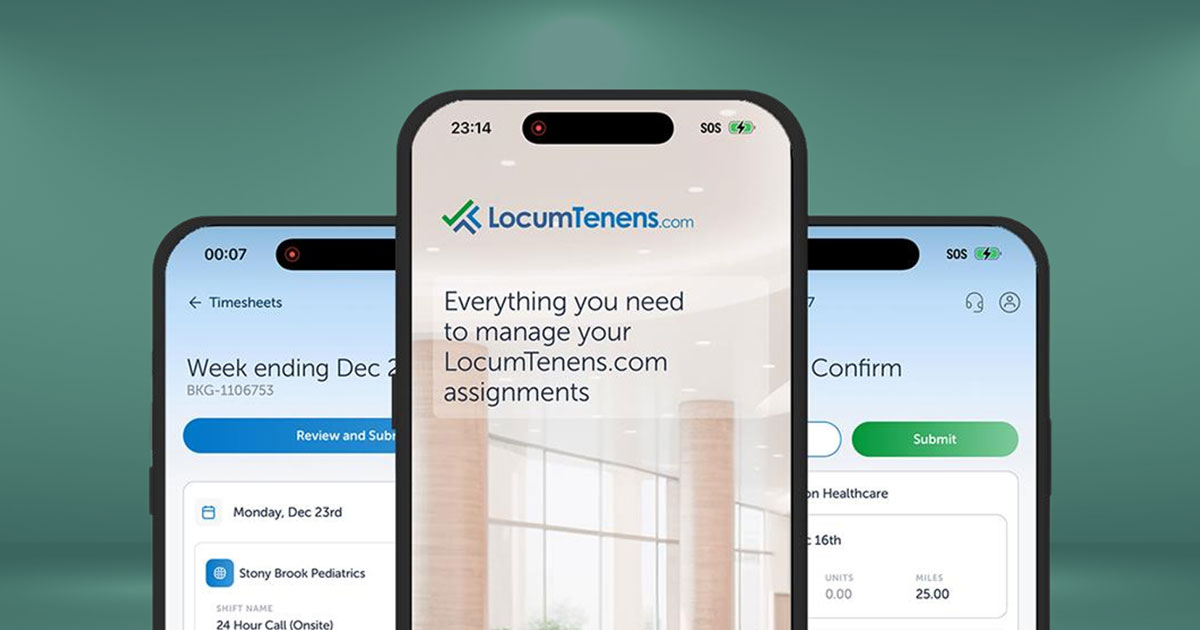June is Cataract Awareness Month. Here’s what you need to know when it comes to speaking with patients about cataract care, practicing in rural communities and practicing via telehealth.
Although there’s no way to prevent age-related cataracts, regular ophthalmologic care can help catch the issue early before it causes major vision impairment. Without proper treatment, the issue will get worse over time, which is why it’s so important to encourage your patients to reach out and communicate with their care team about any issues they’re experiencing and attend all of their appointments.
Speaking with patients about cataract surgery
The word “surgery” can be intimidating for patients, especially when it’s used in regard to an area of their body as delicate as their eyes. However, many patients find it reassuring to hear that cataract surgery has an incredibly high success rate: 95% of patients have improved vision after cataract surgery is performed. It’s also very common. More than 3 million cataract surgeries are performed every year, with more patients opting to get it done at a younger age before their problem becomes severe. And because it’s typically performed in an outpatient setting, reiterate they’ll be able to recover comfortably at home.
Providing cataract, eye care in rural communities
Although there is some conflicting data, the American Academy of Ophthalmology suggests “we are experiencing or will experience an overall shortage of ophthalmologists. The ability to address this undersupply may not be adequate.” Whenever there is a clinician shortage, rural areas are particularly affected, and rural patients’ ability to access adequate ophthalmologic care is no exception. When you choose to practice in rural areas, you’re helping cataract patients experience life-changing care. And there are many benefits for ophthalmologists practicing in rural areas, too. Many clinicians find serving those who are traditionally underserved to be especially rewarding, and working with LocumTenens.com makes it easy to provide care for patients, no matter where you’re practicing. Our associates can work with you to find an ideal assignment and can even help you obtain a license through the Interstate Medical Licensure Compact (IMLC) if the state you would like to practice is not one where you currently hold a license.
Can you treat cataracts via telehealth?
Just a few years ago, attending a telemedicine visit to receive eye care was unthinkable for many patients. However, thanks to advances in technology and increased demand for virtual visits due to the pandemic, more and more patients are choosing to schedule telehealth appointments with their providers, including eye doctors. While there are many reasons why a patient would need to visit with an ophthalmologist in person, including needing to use a slit lamp as part of the assessment, there are many visits related to cataract care that can be conducted virtually. If you practice telehealth, some patients might be more inclined to schedule an initial visit via telehealth to discuss their issues and their concerns. Some follow-up visits can also be conducted via telehealth. If you’re interested in practicing telehealth or bringing telemedicine services to your ophthalmology practice, speak with a LocumTenens.com recruiter.





